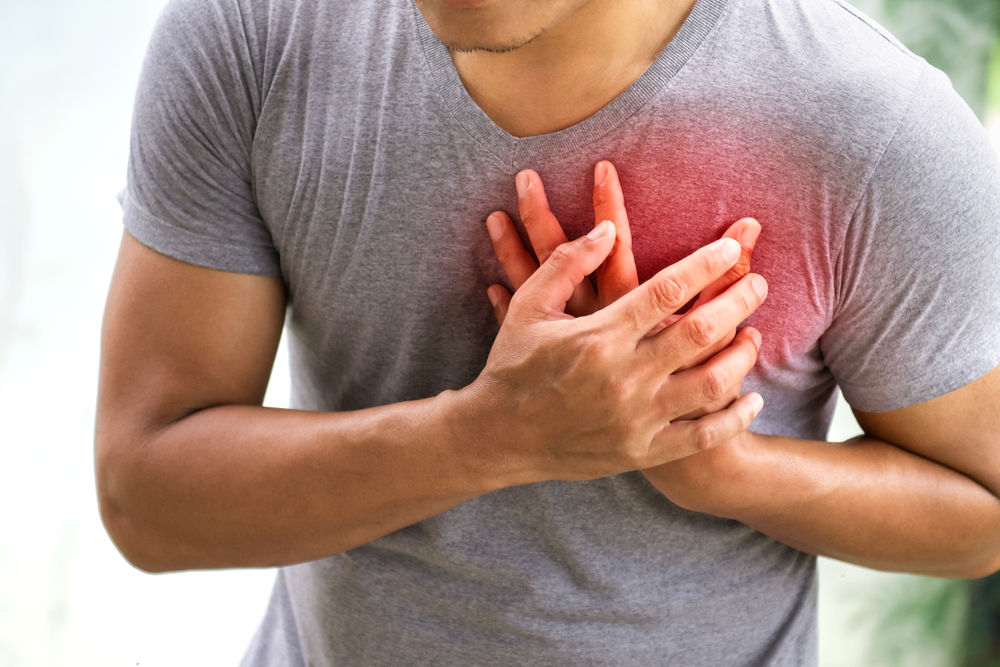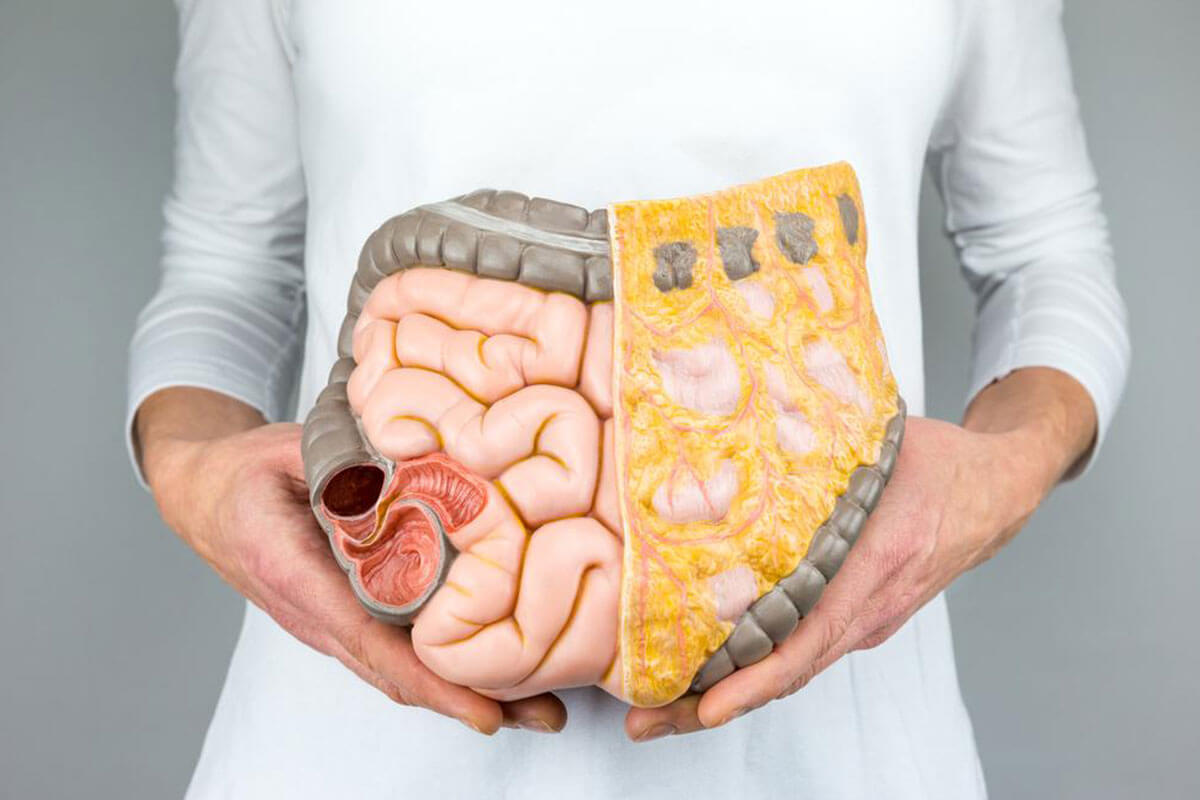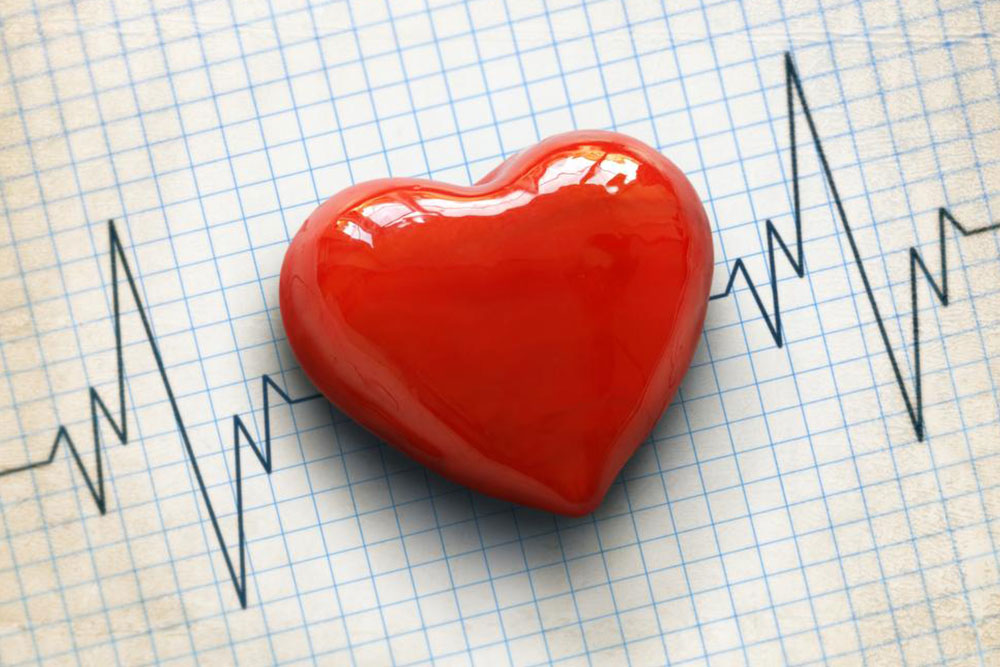Comprehensive Guide to Common Causes of Chest Discomfort and When to Seek Medical Attention
This detailed guide explores the common causes of chest discomfort, including heart, digestive, respiratory, and musculoskeletal issues. It emphasizes the importance of recognizing symptoms and seeking prompt medical attention to prevent serious complications. The article covers diagnostic methods and treatment options for various conditions causing chest pain, offering valuable insights for individuals experiencing chest discomfort and healthcare professionals alike.

Comprehensive Guide to Common Causes of Chest Discomfort and When to Seek Medical Attention
Understanding the primary reasons for chest discomfort is essential for maintaining good health and preventing potentially serious complications. Modern lifestyles have a significant impact on our overall well-being, often leading to increased instances of health issues such as chest pain or discomfort. Factors like stress, poor diet, sedentary habits, and high-pressure work environments contribute to a rise in cardiovascular, respiratory, digestive, and musculoskeletal problems.
Recognizing the nature, location, and severity of chest discomfort can be lifesaving. Chest pain on the left side may indicate a cardiac event, while pain on the right side could stem from muscular strain or gastrointestinal issues. Differentiating these symptoms requires awareness, and immediate consultation with healthcare professionals is crucial for proper diagnosis and treatment. This comprehensive guide covers the key causes, symptoms, diagnostic methods, and treatment options for chest discomfort to help you understand when to seek urgent medical attention.
What is chest discomfort?
Chest discomfort is a common health issue that can manifest in various forms, including stabbing pains, dull ache, tightness, or burning sensation in the chest area.
It can occur at any time and may last from a few seconds to several hours.
The intensity and duration of chest discomfort can vary considerably. Sometimes it may be mild and fleeting, but other times it can be severe and persistent. While many cases are benign, chest pain can also be a warning sign of serious health problems, especially related to the heart or lungs. Any persistent or severe chest discomfort warrants prompt medical evaluation to rule out life-threatening conditions.
Common causes of chest discomfort related to the heart
Myocardial infarction (heart attack): Caused by a blockage in coronary arteries leading to a sudden and intense chest pain.
Angina pectoris: Chest pain resulting from reduced blood flow to the heart muscle, often triggered by exertion or stress.
Myocarditis: Inflammation of the heart muscle due to infections or autoimmune conditions.
Pericarditis: Inflammation of the sac surrounding the heart, causing sharp chest pain that may worsen with breathing or lying down.
Cardiomyopathy: Disease of the heart muscle that can lead to heart failure and chest discomfort.
Digestive system causes of chest discomfort
Gastroesophageal reflux disease (GERD): Acid reflux can cause burning chest pain often mistaken for heart issues.
Gallstones and inflammation of the pancreas or gallbladder: Can lead to severe upper abdomen and chest pain.
Swallowing difficulties or esophageal spasms: Can cause discomfort and a sensation of chest constriction.
Respiratory system causes of chest discomfort
Pneumonia, bronchitis, or viral infections: Respiratory infections can cause chest pain along with coughing and shortness of breath.
Pneumothorax (collapsed lung): Sudden sharp chest pain and difficulty breathing.
Blood clots in the lungs (pulmonary embolism): Life-threatening condition requiring immediate care.
Bronchospasm: Triggered by asthma or allergies, causing chest tightness and wheezing.
Musculoskeletal causes of chest discomfort
Broken ribs or muscular strains: Resulting from trauma or overexertion.
Fractures of the chest bones or the spine: Cause localized pain and tenderness.
Associated symptoms to watch out for
Shortness of breath, dizziness, fatigue.
Nausea, sweating, or clammy skin.
Fever, cough, or chills if an infection is present.
Lightheadedness or fainting episodes.
Diagnostic methods for chest discomfort
Electrocardiogram (ECG): To assess heart activity and detect abnormalities.
Blood tests: To check enzyme levels indicating heart muscle damage.
Chest X-ray: To visualize lungs, heart, and bones.
Coronary angiography: To identify blockages in the coronary arteries.
Stress tests and MRI scans: To evaluate heart function under exertion and detailed imaging.
Treatment options for various causes
Cardiac causes: Surgical interventions, angioplasty, stent placement, or medications such as nitrates and blood thinners to restore blood flow and reduce pain.
Digestive issues: Antacids for reflux, dietary modifications, or medication for gallbladder or pancreas inflammation.
Respiratory conditions: Antibiotics, bronchodilators, or oxygen therapy depending on the diagnosis.
Musculoskeletal pain: Rest, anti-inflammatory medications, physical therapy, or support devices.
Remember, it is vital to seek immediate medical advice if you experience sudden, severe, or persistent chest pain. Early diagnosis and appropriate treatment can be life-saving and improve your health outcomes significantly.





